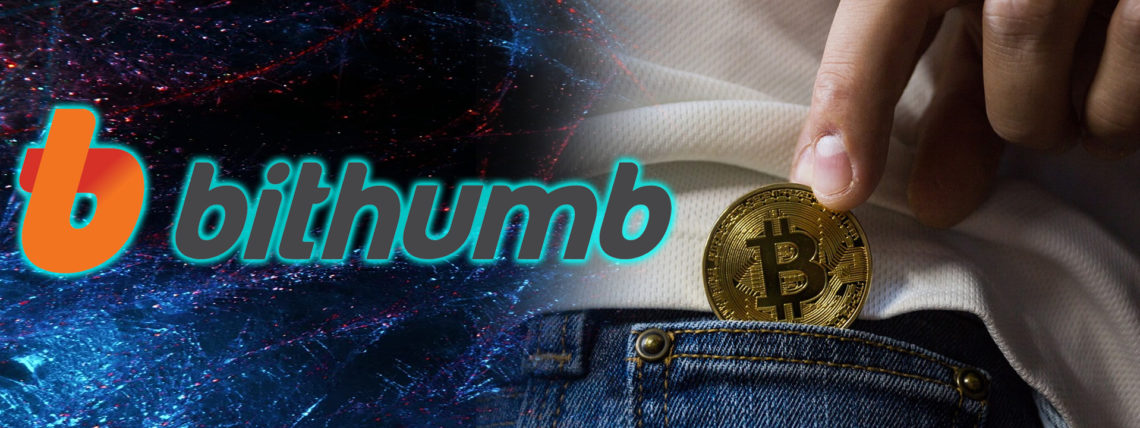- From 27th January, Bithumb, a South Korean cryptocurrency exchange, will not let users to withdraw digital assets if personal wallets are not verified.
- All cryptocurrency exchanges based in South Korea, providing Korean Won as a trading pair, needs to partner with domestic banks.
- As per a data, Upbit manages around 76% of local trade volume, while Bithumb is in second place, handling around 13% trade volume.
Bithumb clients in South Korea have only couple of days to complete a new round of KYC in order to register their private wallets, otherwise their cryptocurrency withdrawals would be prohibited.
“Useless” Unverified Wallets
Bithumb, a South Korean cryptocurrency exchange, would no longer enable customers to withdraw their digital currencies to unconfirmed personal wallets as of January 27.
The exchange said on January 24 that it will be second of the nation’s four major platforms to prohibit withdrawals to unconfirmed wallets. Coinone implemented an identical guideline later last month, while Upbit and Korbit are the other main exchanges.
Users can only enroll their own personal wallets under the new regulation. Users must complete an extra array of know-your-customer identification validations in order to complete the signup procedure.
Withdrawals to any local centralised exchange, as well as international centralised exchanges with a rigorous KYC procedure, like Binance.US, Bybit, Bitstamp, Kraken and Blockchain.com are still generally accepted.
According to a local news agency, the exchange was pressured to adopt the policy change by its associate bank, Nonghyup Bank, in order to conform with the FATF Travel Rule. The Travel Rule is intended to provide monetary institutions with information on the sender and recipient of cross-border payments.
The bank “strongly urged” that the exchange “ban any private wallets which do not have their personal KYC mechanism,” among them are MetaMask and MyEtherWallet.
Every South Korean cryptocurrency exchange that supports Korean Won (KRW) trading pairs must have a local partner bank that provides customers with genuine bank accounts. As with Nonghyup to Bithumb and Coinone, an associated bank can have a significant effect on the exchange’s rules.
Genuine bank accounts ensures that the individual taking fiat transfers from an exchange is also exchanging crypto on the exchange’s platform. This guideline assists exchanges in complying with the Travel Rule before the March 25.
Upbit and Korbit, couple of cryptocurrency exchanges, have yet to make any policy alterations regarding private virtual currency wallets. When the Korean administration deems it essential for all exchanges to implement such measures, exchanges will be forced to set those policies by March 25.
As per a data, Upbit is responsible for roughly 76 percent of local trade volume, while Bithumb is responsible for about 13 percent.
If users don’t follow the Travel Rule, they might face enhanced anti-money laundering and counter-terrorist financing (AML/CTF) surveillance.

Andrew is a blockchain developer who developed his interest in cryptocurrencies while pursuing his post-graduation major in blockchain development. He is a keen observer of details and shares his passion for writing, along with coding. His backend knowledge about blockchain helps him give a unique perspective to his writing skills, and a reliable craft at explaining the concepts such as blockchain programming, languages and token minting. He also frequently shares technical details and performance indicators of ICOs and IDOs.


 Home
Home News
News










